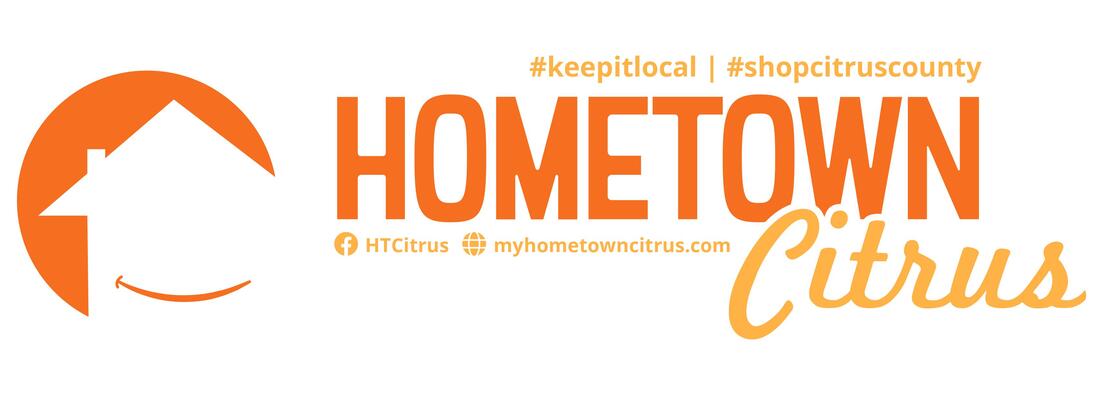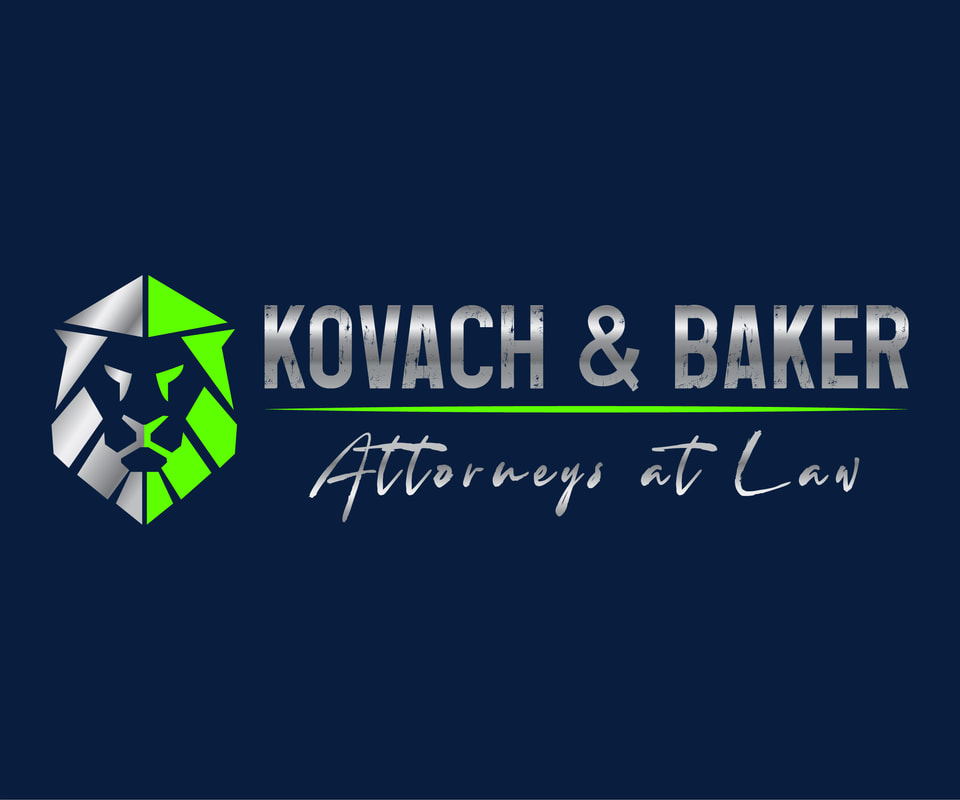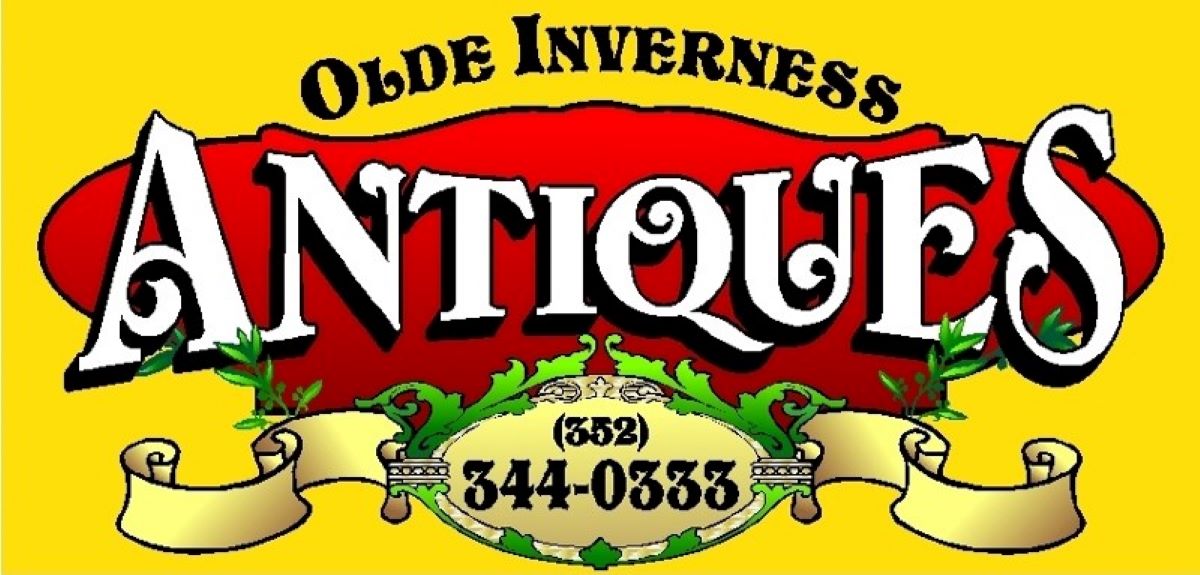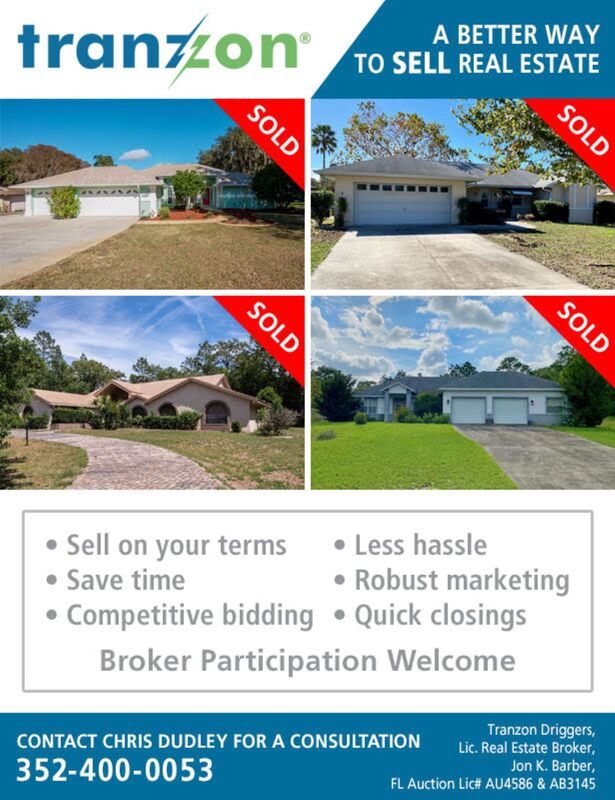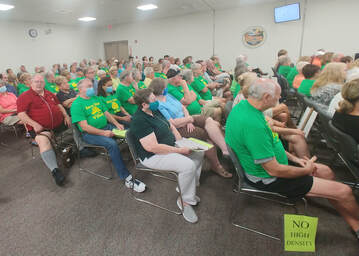 Happy Monday! Time for a Citrus County civics lesson. It's in regard to a rule with a fancy name: quasi-judicial proceeding. Here’s what it means: When it comes to any land-use case, you can tell commissioners anything you want beforehand.
They just can’t respond. It’s unlike virtually anything else the local government deals with. The public cannot access dialogue with county commissioners beforehand on a zoning case. The rule is for both sides, though it would seem to benefit developers. I’ll explain that in a minute. I see this all the time. Commissioners receive dozens of emails from citizens for or against a land-use case. Usually it’s against, as it’s been the last few weeks regarding the Meadowcrest affordable apartments on Tuesday’s agenda. My most recent batch of email came from Commissioner Jeff Kinnard. Several residents went into great detail why they believe the proposed project is a bad fit. There’s little he can say to his own constituents. “Thank you for contacting me about this project, I will keep your concerns in mind during our discussion,” he said in one response. County Attorney Denise Dymond Lyn, as she is wont to do, sent commissioners an email a few weeks ago reminding them Meadowcrest was coming up and it’s quasi-judicial. Commissioners know what that means: clam up. Land-use cases now require a process similar to court, where only “evidence” submitted during the public hearing can be considered for the board’s vote. If you ever watch one of these things, notice that the attorney will poll commissioners publicly beforehand to see if they’ve had any ex-parte communications with anyone associated with the zoning case, and that includes citizens. Commissioners have to disclose it if they have. But they’ll avoid it happening at all costs. Personally, I dislike the rule. I’m not a big fan when commissioners are hamstrung to give their opinion to constituents. They can say how they’ll vote on the budget. Why can’t they say if they’ll back a zoning request or not? I know it’s not that simple. Lawyers love quasi-judicial because they get to control the action. Anything that looks like a court proceeding works right in their wheelhouse. Developers would seem to favor it as well since they, after all, come into the application process knowing exactly what it is they want to do. Citizens don’t find out a big zoning case in their back yard until after something official is filed. That’s when this quasi-judicial process starts, first with the planning and development commission, and then the county commission. So citizens can mobilize against a project — and, by golly, communities are doing a bang-up job with that as of late — but the only time they have an official say is during a PDC or county commission public hearing. And that’s the only time their elected commissioners can chime in as well. I bring up this boring government topic (but in a fresh and exciting way!) to highlight a point. The Meadowcrest dispute? You’re going to see these kinds of things on occasion. Growth of all types is coming in, bumping up against established neighborhoods. Folks there aren’t going to like it. Now, here’s the thing about quasi-judicial. There’s nothing to prevent the public from communicating to commissioners anyway, long as you don’t expect any response. Look. Commissioners aren’t dummies. They are, after all, elected by people. If a bunch of people email opinions on zoning cases, commissioners may ignore specifics of those messages but not the totality. Me, I don’t see anything wrong there, but I guarantee Lyn can rattle off 10 problems with that off the top of her head. So there’s your Monday morning. Have a very quasi-judicial day. Join the discussion on our Facebook page. Comments are closed.
|
AuthorMike Wright has written about Citrus County government and politics for 36 years. Archives
July 2024
|








